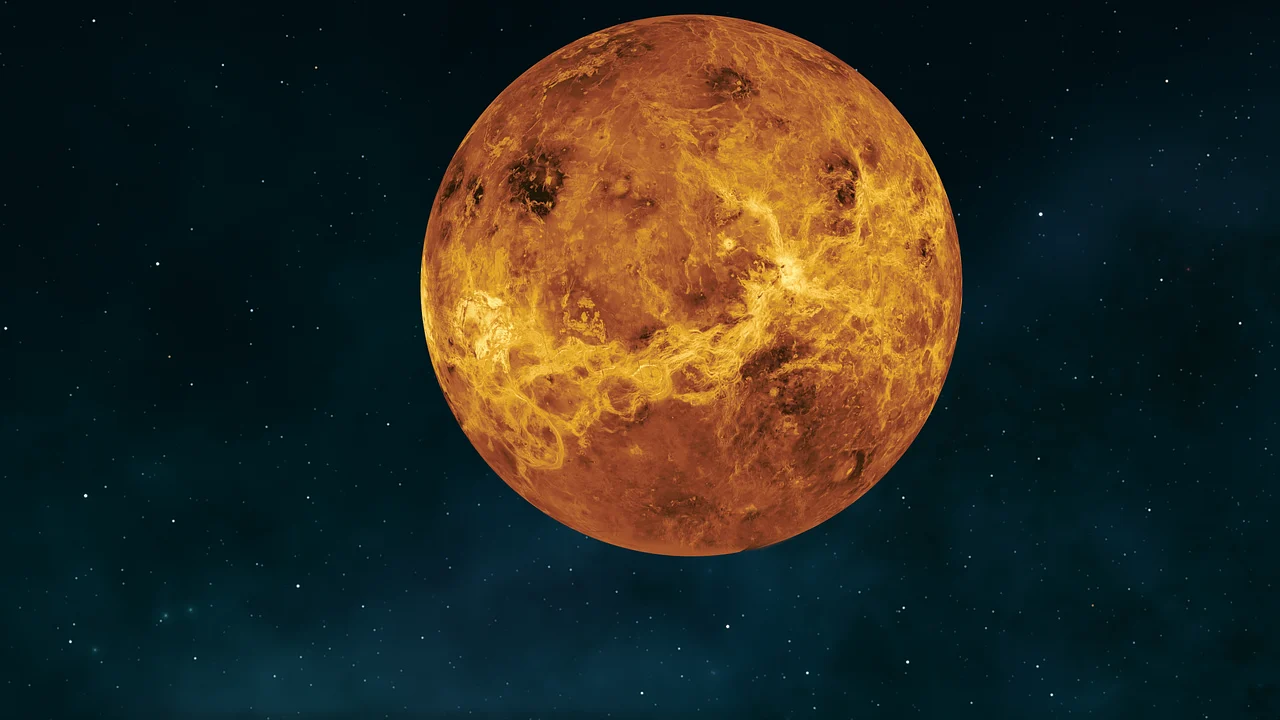Table of Contents

The Indian Space Research Organisation (ISRO) is gearing up for an exciting venture into space with its upcoming Venus Orbiter Mission (VOM), scheduled for launch in March 2028. This marks India’s first dedicated mission to Venus, aiming for a journey of 112 days to explore the mysteries of our neighbouring planet. The mission has received approval from the Union Cabinet, and ISRO recently shared details about its launch window and objectives. With a budget of Rs 1,236 crore, the VOM promises to enhance our understanding of Venus’s atmosphere, surface, and its relationship with the Sun.
ISRO Venus Mission Launch Details
The launch of the VOM is set for March 29, 2028, with the spacecraft expected to reach Venus by July 19, 2028. ISRO will utilise its powerful Launch Vehicle Mark-3 (LVM-3) to send the spacecraft on its journey. Once launched, the spacecraft will enter an elliptical parking orbit (EPO) that ranges from 170 km to 36,000 km above the Earth. This orbit is necessary to prepare for the next phase of its journey, where the spacecraft will eventually transition into an orbit around Venus.
Innovative Approach to Venus
ISRO has outlined an innovative plan for the mission’s approach to Venus. After a cruise phase, the spacecraft will perform a Venus Orbit Injection (VOI) manoeuvre, positioning it into an orbit of 500 km by 60,000 km around the planet. The mission will employ a technique called aerobraking, which uses the atmosphere of Venus to gradually lower the spacecraft into a lower-altitude science orbit of 200 km by 600 km over a period of six to eight months. This will allow scientists to conduct in-depth studies for a minimum of five years.
ISRO Venus Orbiter Mission: Scientific Objectives
The VOM will carry 19 scientific payloads, including 16 developed in India and two that are collaborative efforts with international partners. One payload will be from an international source. These instruments will be crucial in investigating various aspects of Venus, including its atmosphere and surface features. Some key scientific objectives of the mission include examining the dust present in Venus's atmosphere, mapping its surface in high resolution, studying solar X-ray emissions near Venus, analysing the planet’s airglow, and exploring its subsurface characteristics.
A Technology Demonstration
Beyond its scientific goals, the Venus mission will also serve as a technology demonstration for ISRO. The agency aims to test innovative techniques in aerobraking and thermal management, which are vital for navigating the extreme conditions on Venus. As ISRO embarks on this groundbreaking journey, the VOM represents not just a leap for Indian space exploration but also a significant contribution to our understanding of one of the most enigmatic planets in our solar system.

